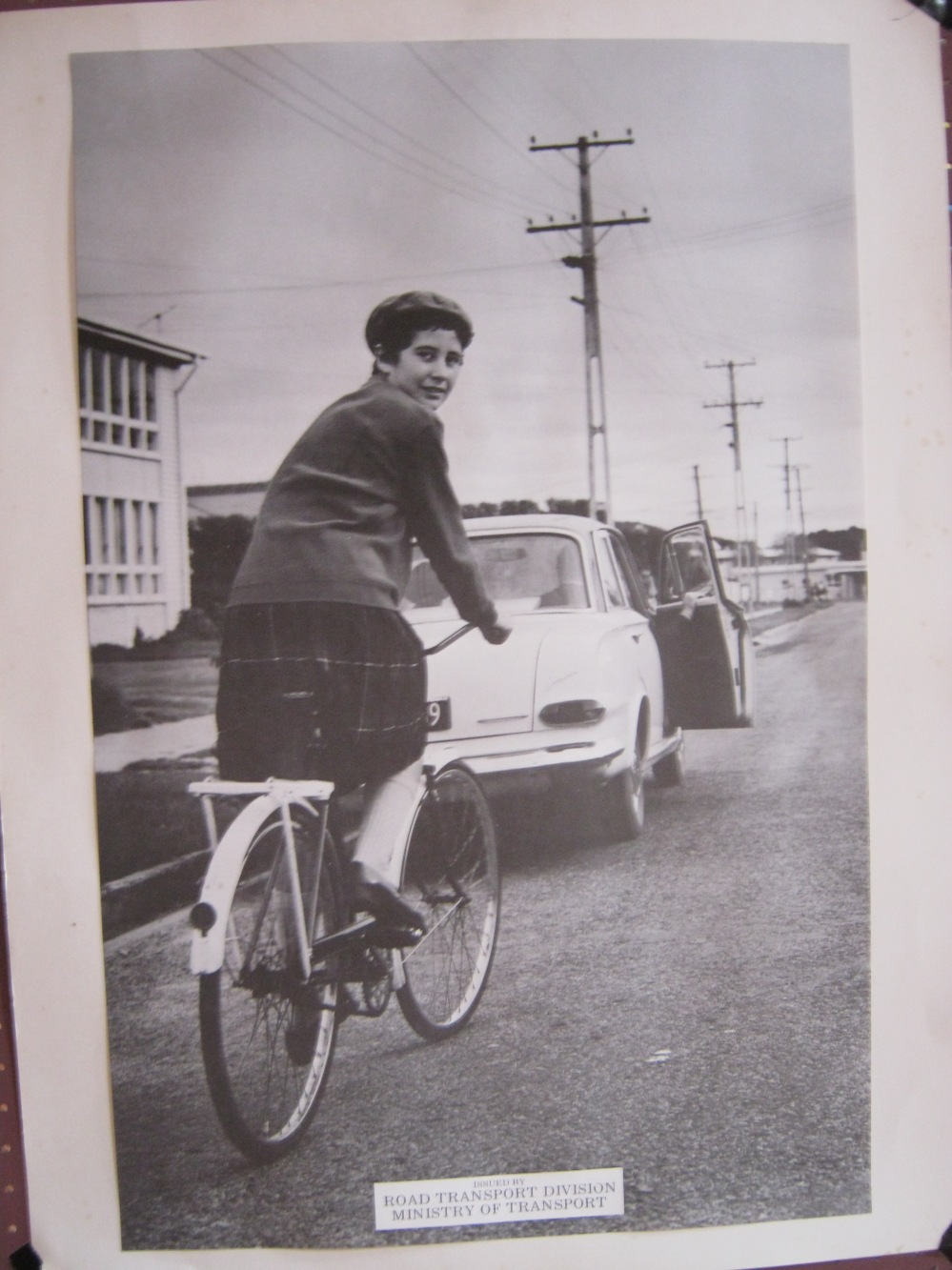
A nightmare called “Bikeability”.
I used to believe that a cyclized city was just around the corner. I really believed that it wouldn’t be long before bicycles would feature prominently in a city’s transport landscape.
And then nothing.
And then the internet comes along and I see for my own eyes what cyclized cities look like and I converse with experts from these cities.
And then I quit my local advocacy group in frustration.
And then I hear Peter Zanzottera and Dr Hamish Mackie telling me that “bikeability” will be the game changer.
And then I say to myself, “aren’t you glad you retired“.
“Bikeability has taught cycle skills to 2 million UK children.” goes the sales pitch. Yeah, and how has that translated into people riding bikes in the UK? “Not so well”, was the reply. They have also chosen to ignore the contradictory research that says this programme will make no significant improvement to ridership rates. As if you needed research to prove it. The evidence is in the cities and towns devoid of people on bikes.
And the thing is, the very act of categorising an activity as something that needs to be taught creates a perception that it is complex; that it is not a normal, everyday activity. Riding a bike is not complex. Learning to ride a bike is not in the same category as learning to swim, as I have heard some cyclists claim it to be. I see evidence of this on a daily basis, in my capacity as a primary school teacher. I would even go so far as to suggest that bikeability and the notion that cycling needs to be taught operates as a barrier and red herring, in the same way that the helmet law does. Calm the streets, people! And then watch your city flourish. Unfortunately, that’s a much tougher proposition and focussing on teaching people to ride bikes simply delays the prospect of any serious change happening.
Either the good folk at NZTA are taking the piss, or they really are ignorant. I think I know the answer to this. There has to be some quid quo pro deal going on here between NZTA and the advocates. Seriously. Who needs enemies when you have allies like this? As I have said before, an effective advocacy organisation is one that is financially independent.
If you want to be good at something, you employ experts. Hey, just across the channel, there is a small country punching above its weight in terms of cycling rates. And don’t believe the line that it is a culture or language issue. The problem for NZTA is that the Dutch would tell it straight. They know what needs to be done. NZTA need a much more benign message. Something that they can work with to allow their motorway building programme to continue uninterrupted.
I’m not actually that surprised by this nonsense. It’s prevalent throughout society and organisations. “Wilful blindness” is all around us. It’s easy to recognise. This is what it looks like in the education sector.
‘Cycling’ is sport and recreation. ‘Riding a bicycle’ is everyday activity. No sweat. As easy as walking, but faster.